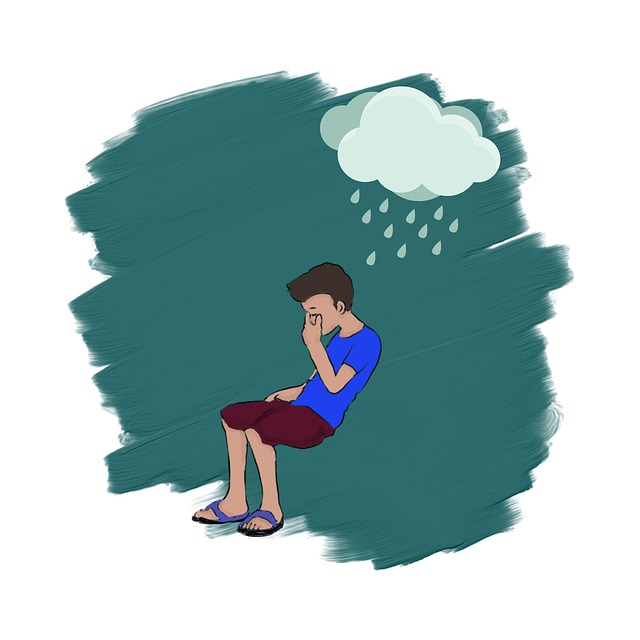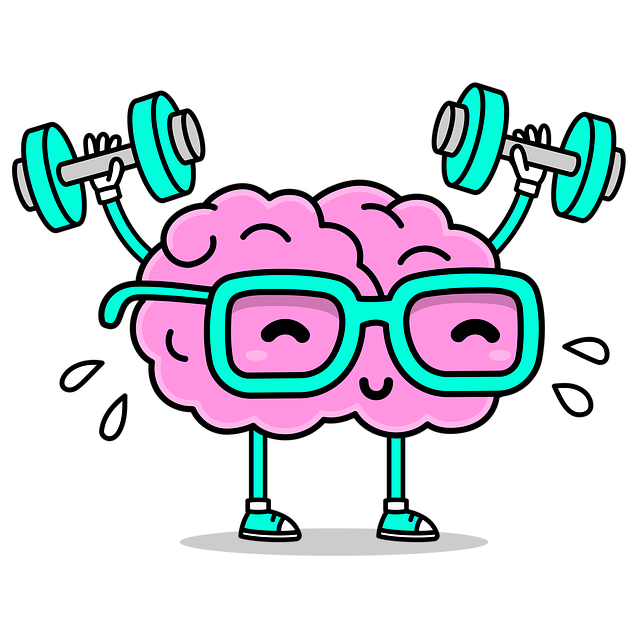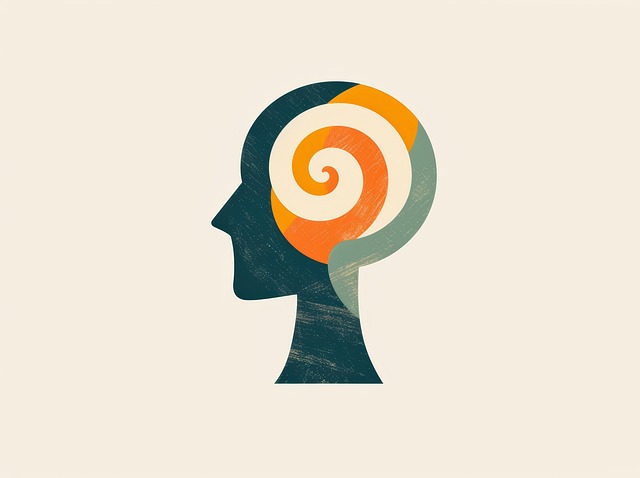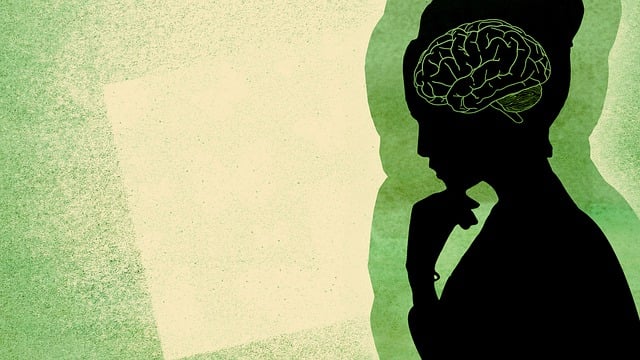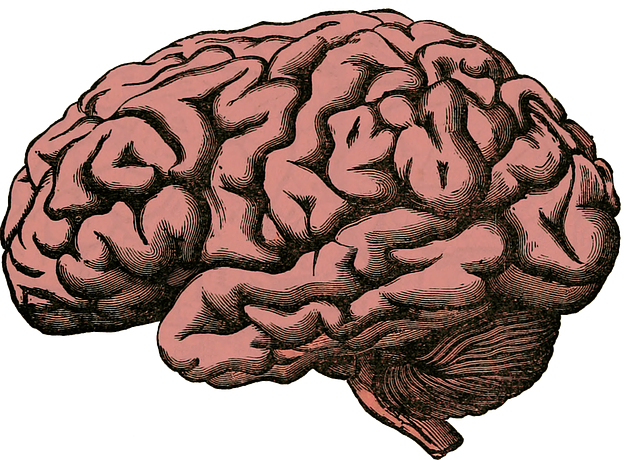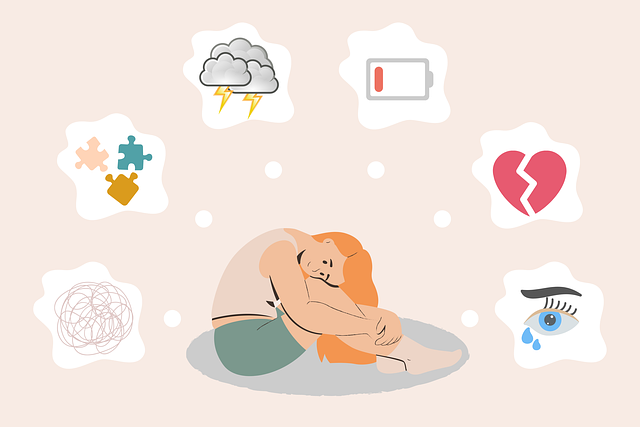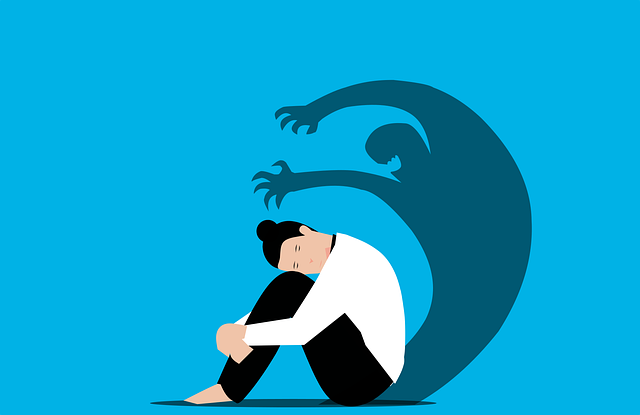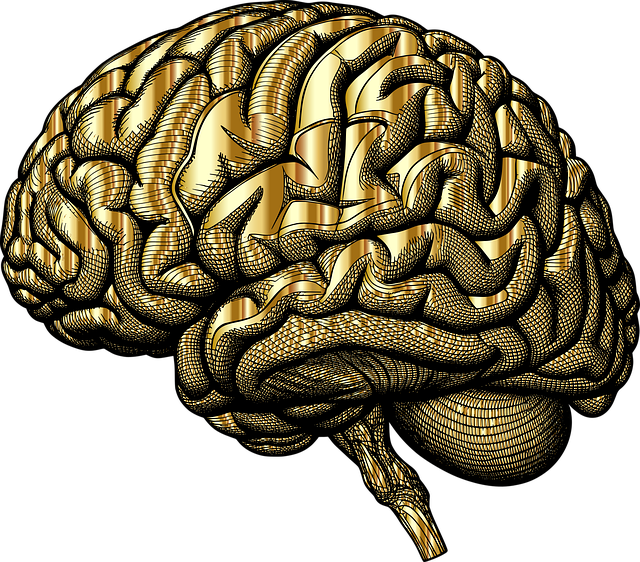Understanding loss, grief, and bereavement varies greatly between individuals, influenced by personal experiences, culture, and coping mechanisms. Grief counseling provides a safe space to navigate these complexities, offering self-care practices and emotional intelligence enhancement for profound emotions, especially crucial for those with co-occurring mental health conditions like ADD/ADHD. Therapy for ADD-ADHD combines strategies to manage grief and associated symptoms, incorporating mindfulness meditation techniques and risk management planning. Effective therapeutic approaches include mindfulness-based therapy and social skills training, integrated with stress reduction methods for tailored healing journeys. Professional support during grief significantly enhances coping abilities and promotes personal growth, with specialized care and community programs fostering resilience.
Loss, grief, and bereavement are universal experiences that can profoundly impact an individual’s mental health. This comprehensive guide explores these complex emotions, offering insights into their understanding and management. We delve into the unique challenges of navigating loss with ADHD/ADD through therapeutic approaches tailored to support healing. Additionally, discover valuable resources and strategies for continuous growth post-bereavement, emphasizing the importance of professional support in overcoming difficult times, especially in the context of ADD-ADHD therapy.
- Understanding Loss, Grief, and Bereavement: A Comprehensive Overview
- The Role of Counseling in Managing ADD-ADHD During Difficult Times
- Therapeutic Approaches for Coping with Loss and Enhancing Healing
- Finding Support: Resources and Strategies for Continuous Growth
Understanding Loss, Grief, and Bereavement: A Comprehensive Overview

Understanding loss, grief, and bereavement is a complex journey that involves recognizing and processing deep emotions. It’s a natural response to significant life changes and separations, impacting individuals across all ages and backgrounds. Loss can manifest in various forms, from the passing of a loved one to dealing with major life transitions, such as divorce or job loss. Each person’s grief process is unique, shaped by their personal experiences, cultural background, and coping mechanisms.
Grief counseling offers a safe space for individuals to navigate this challenging period. Through therapy, one can develop effective self-care practices and enhance emotional intelligence, enabling them to cope with the profound emotions that arise. This support is especially crucial for those struggling with additional mental health conditions, such as Attention Deficit Disorder (ADD/ADHD), as it provides tailored strategies to manage both the grief process and any co-occurring symptoms. By addressing these aspects holistically, individuals can work towards healing and rediscovering their mental wellness.
The Role of Counseling in Managing ADD-ADHD During Difficult Times

Counseling plays a pivotal role in helping individuals manage Attention Deficit Disorder (ADD) and Attention Deficit Hyperactivity Disorder (ADHD) during challenging times, including loss, grief, and bereavement. Therapy for ADD-ADHD offers a safe space for clients to process their emotions and navigate the unique challenges that come with these disorders in the context of significant life changes or losses. Mental wellness professionals equipped with evidence-based practices can guide individuals through strategies tailored to enhance focus, improve impulsivity management, and foster better emotional regulation.
Incorporating mindfulness meditation techniques into counseling sessions has been shown to be particularly beneficial. This practice helps clients cultivate present-moment awareness, enabling them to better cope with distressing thoughts and emotions that may arise during bereavement. Additionally, risk management planning for mental health professionals is essential in ensuring they can support their ADD/ADHD clients effectively while maintaining a healthy work-life balance. By prioritizing self-care and utilizing strategies like structured scheduling and clear boundaries, counselors can enhance their own mental wellness, thereby better serving their clients.
Therapeutic Approaches for Coping with Loss and Enhancing Healing

Grief is a complex process, and various therapeutic approaches can aid individuals in coping with loss and fostering healing. One effective method is mindfulness-based therapy, which encourages individuals to focus on the present moment, accept their emotions, and cultivate non-judgmental awareness. This approach helps break the cycle of intrusive thoughts and allows for a healthier processing of bereavement. By integrating mind over matter principles, counseling sessions can empower clients to reframe their perspectives, build resilience, and gradually find meaning in their experiences.
Additionally, social skills training is valuable for those struggling with isolation or difficulty expressing their emotions. This aspect of therapy facilitates the development of healthy coping mechanisms, enhances communication, and encourages the formation of supportive relationships. Combining these therapeutic techniques—including stress reduction methods—can create a comprehensive healing journey, catering to the unique needs of each individual navigating their grief.
Finding Support: Resources and Strategies for Continuous Growth

Grief is a complex process that often requires professional guidance to navigate. For individuals dealing with loss, seeking support through counseling or therapy can be transformative. Many resources are available to aid in this emotional healing process, especially for those who might benefit from specialized care, such as those diagnosed with Attention Deficit Disorder (ADD) or Attention-Deficit/Hyperactivity Disorder (ADHD). Therapy for ADD-ADHD offers unique strategies tailored to manage symptoms while fostering inner strength development. This can significantly enhance one’s ability to cope with bereavement and facilitate personal growth.
Beyond individual therapy, support groups and community outreach programs play a vital role in the mental health policy analysis and advocacy landscape. These platforms provide safe spaces for individuals to share their experiences, gain different perspectives, and build connections. Engaging in such activities allows for continuous growth and resilience-building, empowering those affected by grief and loss to heal and thrive.
In navigating the complex emotions tied to loss, grief, and bereavement, seeking professional support through counseling can significantly enhance healing. Whether dealing with the challenges of ADHD or simply processing deep sorrow, therapy offers a safe space for expression and growth. By incorporating therapeutic approaches tailored to individual needs, individuals can find strength and coping mechanisms to move forward while cherishing memories and finding new purpose. With access to resources and strategies discussed in this article, one can embark on a journey of healing and self-discovery, ensuring continuous personal growth in the face of loss. Additionally, for those managing ADD-ADHD during these difficult times, specialized therapy provides vital tools to navigate life’s twists and turns with resilience and adaptability.
